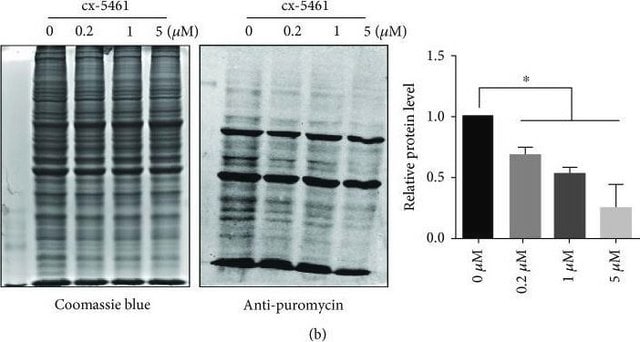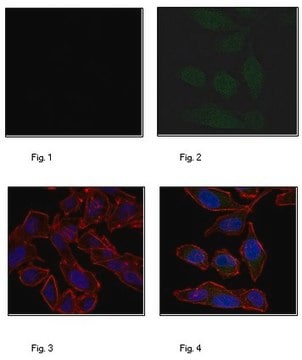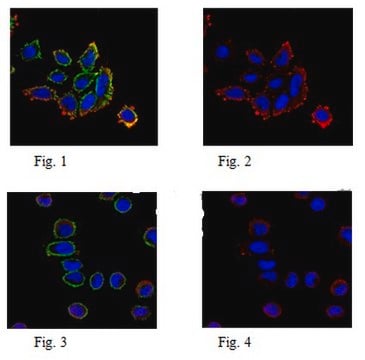MABE341
Anti-Puromycin Antibody, clone 17H1
clone 17H1, from rat
Synonym(s):
Clone 17H1 Anti-Puromycin, Puromycin Detection Antibody
About This Item
Recommended Products
biological source
rat
Quality Level
antibody form
purified antibody
antibody product type
primary antibodies
clone
17H1, monoclonal
species reactivity
human
species reactivity (predicted by homology)
all
technique(s)
western blot: suitable
isotype
IgG2aκ
shipped in
wet ice
target post-translational modification
unmodified
Gene Information
human ... NPEPPS(9520)
General description
Specificity
Immunogen
Application
Epigenetics & Nuclear Function
RNA Metabolism & Binding Proteins
Quality
Western Blotting Analysis: A 1:100,000 dilution of this antibody detected Puromycin-incorporated neosynthesized proteins in HEK293 cell lysates treated with Puromycin only. This antibody also detected small mounts of Puromycin-incorporated neosynthesized proteins in HEK293 cells treated with Puromycin and Cyclohexamide.
Target description
Physical form
Storage and Stability
Analysis Note
HEK293 cell lysates treated with Puromycin and Cyclohexamide, or with Puromycin only.
Disclaimer
Not finding the right product?
Try our Product Selector Tool.
recommended
Storage Class Code
12 - Non Combustible Liquids
WGK
WGK 1
Flash Point(F)
Not applicable
Flash Point(C)
Not applicable
Certificates of Analysis (COA)
Search for Certificates of Analysis (COA) by entering the products Lot/Batch Number. Lot and Batch Numbers can be found on a product’s label following the words ‘Lot’ or ‘Batch’.
Already Own This Product?
Find documentation for the products that you have recently purchased in the Document Library.
Our team of scientists has experience in all areas of research including Life Science, Material Science, Chemical Synthesis, Chromatography, Analytical and many others.
Contact Technical Service





